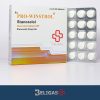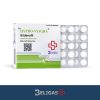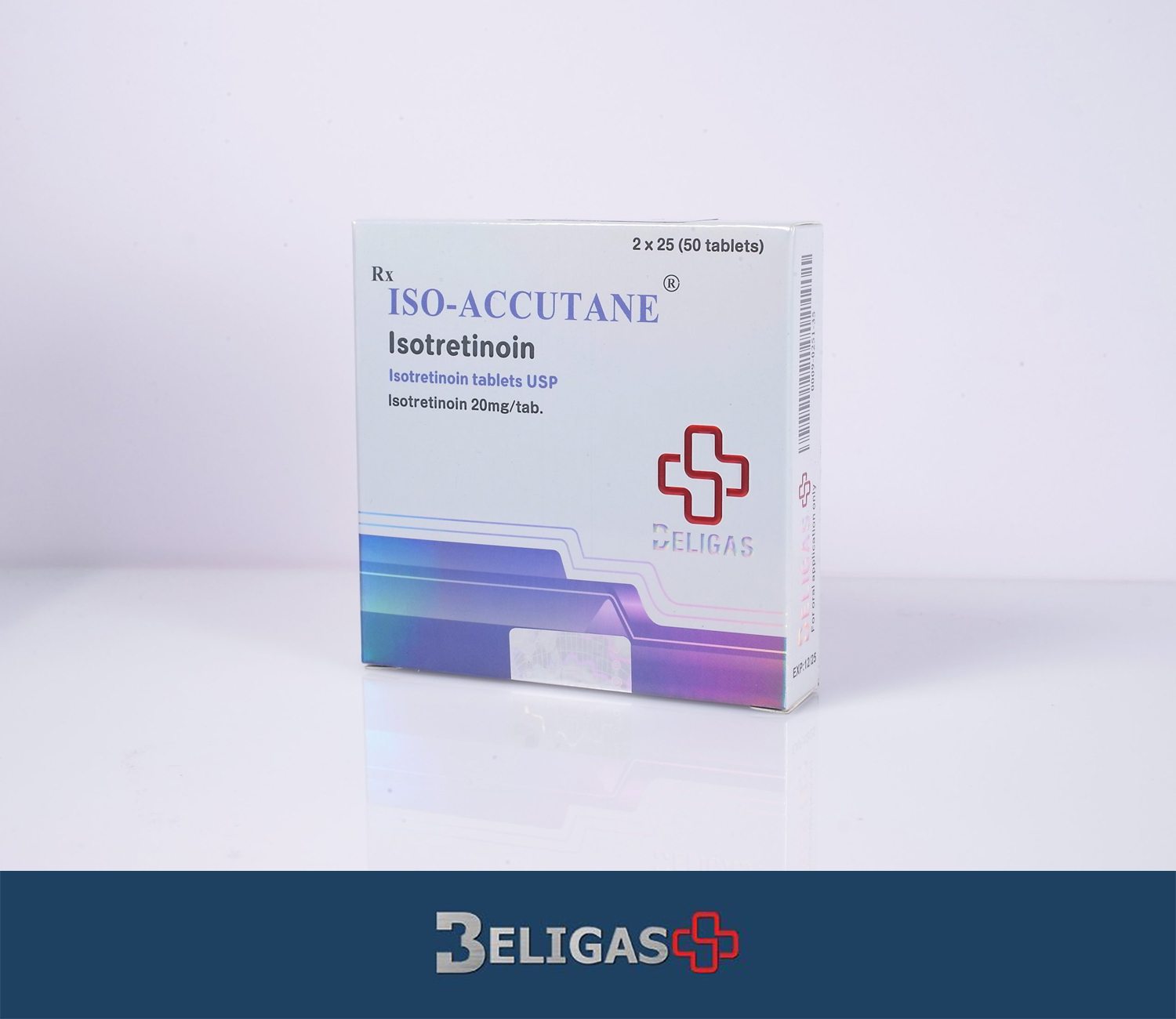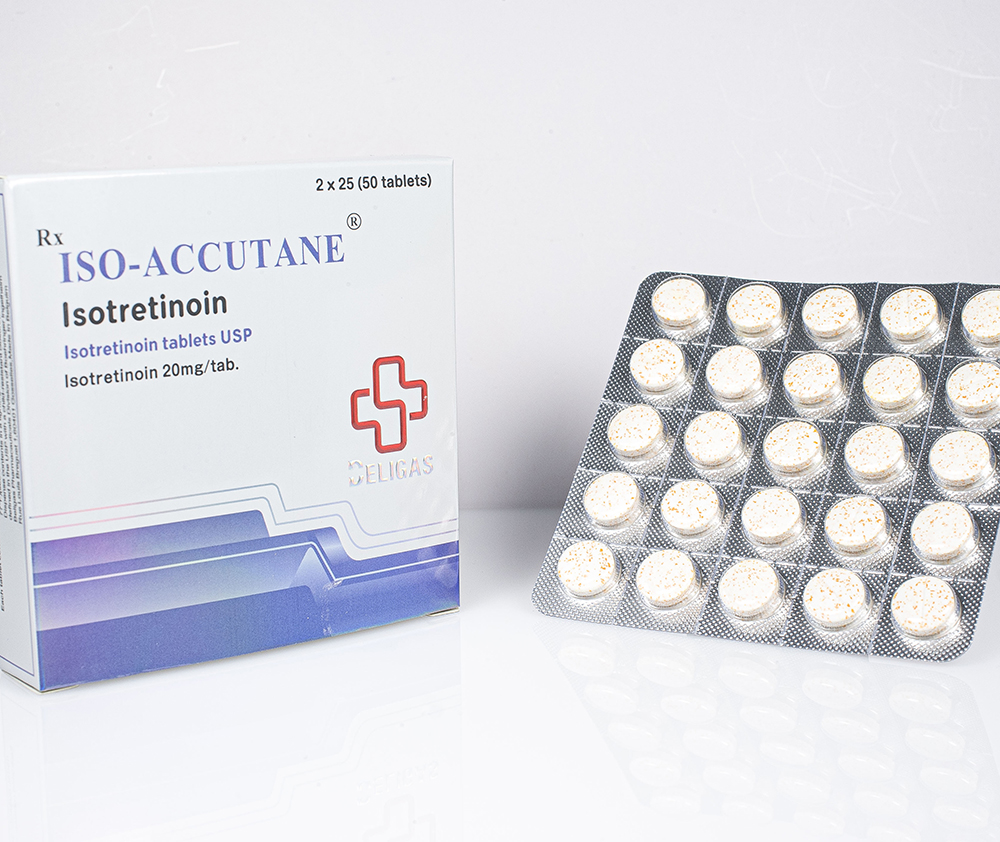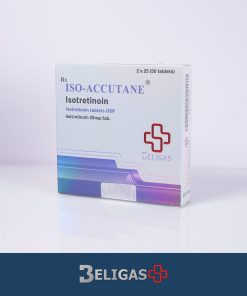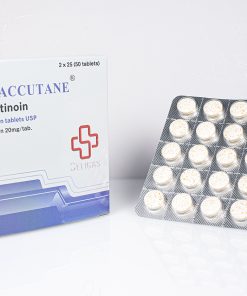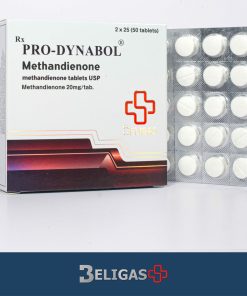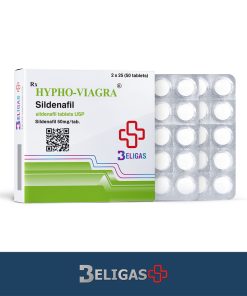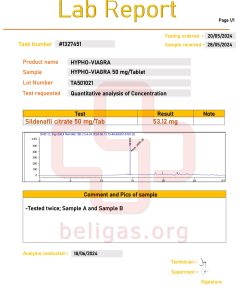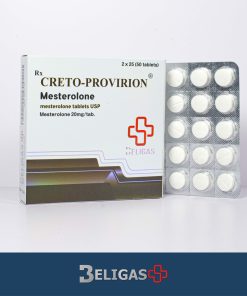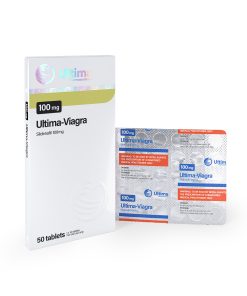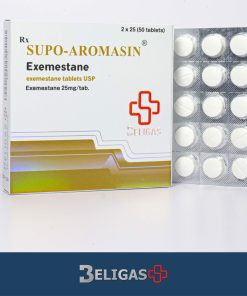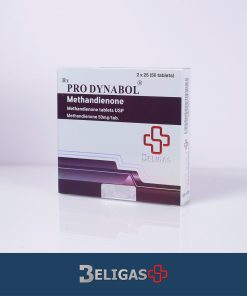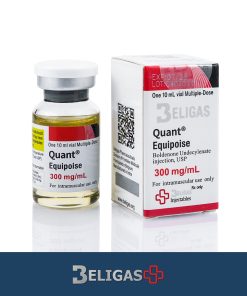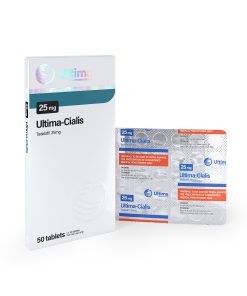Iso Accutane 20
$179.00
PROFILE
- Raw: Isotretinoin (Accutane)
- Chemical Name: 13-cis-retinoic acid
- Effective Dose (adults): 0.5mg to 1mg/kg body weight per day (usually taken for 4-6 months)
- Effective Dose (teens): 0.5mg to 1mg/kg body weight per day (depending on severity of acne)
- Typical Dose (for Accutane 20mg): 20mg taken once or twice a day with food
- Active Life: 10-20 hours
- Detection Time: Up to 30 days in urine (metabolites can stay longer)
- Anabolic/Androgenic Ratio: Not applicable (Accutane is a form of vitamin A and does not act like anabolic steroids)
- Formulation: Oral capsule (20mg per capsule)

